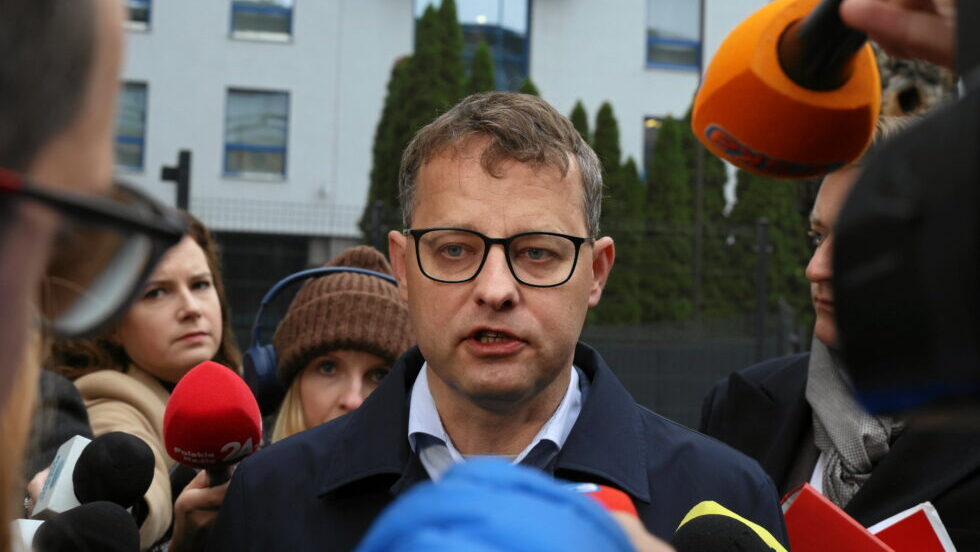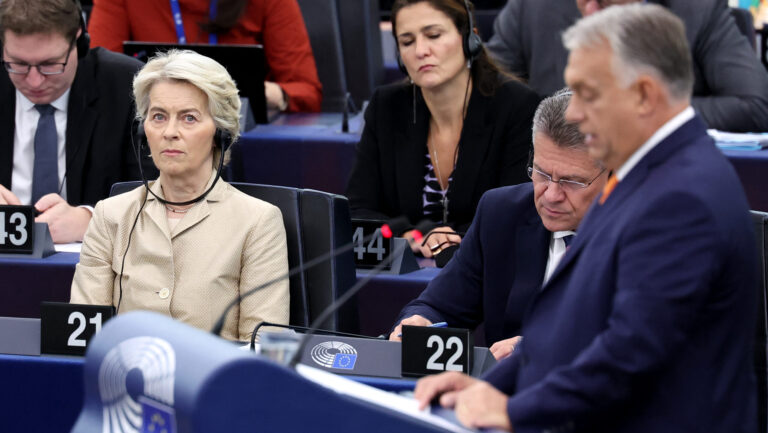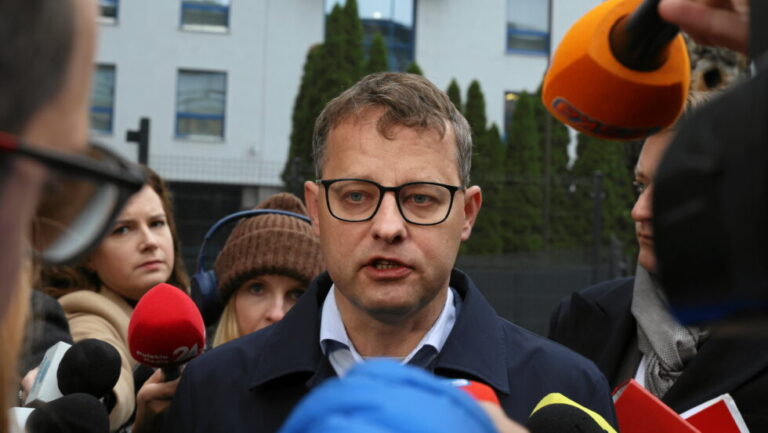Hungary and Serbia are embarking on a joint venture to construct a new oil pipeline connecting the two countries. The announcement was made by Hungarian Minister for Foreign Affairs and Trade Péter Szijjártó on Wednesday, during a meeting with Serbian Minister of Energy Dubravka Đedović in Belgrade.
Szijjártó described the decision as ‘brave and sovereign’, emphasizing that every new pipeline serves as an additional guarantee of a country’s energy security. He noted that the current situation is far from ordinary, as the region’s energy supply remains under constant threat.
Péter Szijjártó on X (formerly Twitter): “A few years ago, we made a brave and sovereign decision to build a new gas pipeline. Today, we take the next strategic step: Hungary and Serbia will build a new oil pipeline! pic.twitter.com/ybLjksqGoT / X”
A few years ago, we made a brave and sovereign decision to build a new gas pipeline. Today, we take the next strategic step: Hungary and Serbia will build a new oil pipeline! pic.twitter.com/ybLjksqGoT
He also took an indirect jab at Ukraine, pointing out that certain transit countries have proven unreliable in the past. At the end of 2024 Kyiv announced it would halt all Russian gas transit through its territory as of 1 January this year. Oil transit has also been repeatedly disrupted, mainly due to Ukrainian drone strikes on infrastructure.
Trustworthy Partners
Hungarian–Serbian relations have grown significantly closer in recent years, with Prime Minister Viktor Orbán repeatedly stating that Hungary’s energy security cannot be guaranteed without Serbia. In January both Orbán and Szijjártó travelled to Belgrade after Ukraine targeted the TurkStream pipeline—currently the only route through which Hungary receives Russian gas—with significant strikes. ‘Hungary and Serbia have reinforced their strategic cooperation in energy,’ Szijjártó said following talks with Serbian President Aleksandar Vučić.
Beyond energy, the two countries closely cooperate on tackling illegal migration, with Hungarian police officers assisting Serbian counterparts in halting the flow of migrants through the region. They are also strategic partners in China’s Belt and Road Initiative, jointly developing the Belgrade–Budapest railway, a major infrastructure project.
Major Regional Investment
According to Szijjártó, the feasibility study for the new pipeline has been completed, and on Wednesday Hungarian oil company Mol presented its findings to representatives of both governments. In addition, Serbian authorities have approved the land-use regulations required for construction.
‘We can say that very important steps have been taken in recent weeks during the preparatory phase of the oil pipeline project. This will allow construction to begin physically at the end of this year or the beginning of next, with the goal of completing a fully operational oil pipeline between the two countries by 2028.’
He stressed that the total value of the investment will be HUF 130 billion (approximately USD 350 million), underlining that the project will determine the energy security of the entire region. The planned pipeline is expected to have a capacity of around 4.5 million tonnes per year.
Szijjártó also noted that, based on recent years' experience, countries in the region can rely only on one another, as the European Union has refused to offer meaningful assistance—preferring instead to support Ukraine in ongoing disputes related to energy transit.
Related articles:








